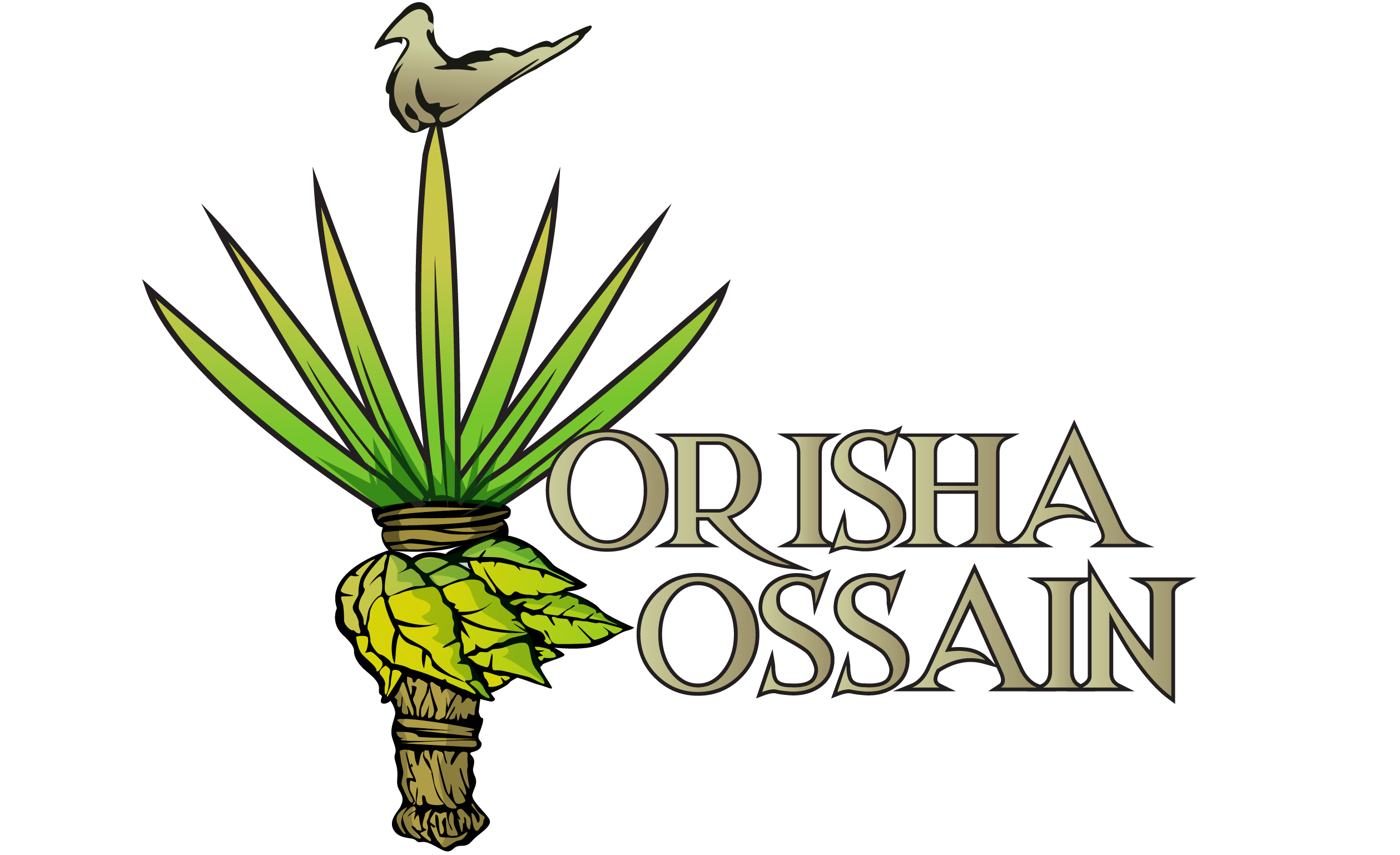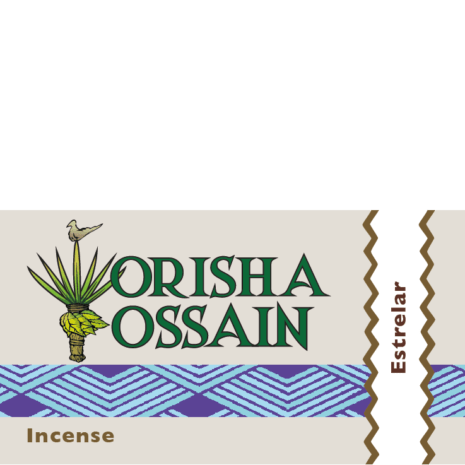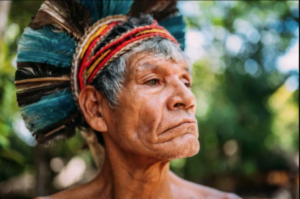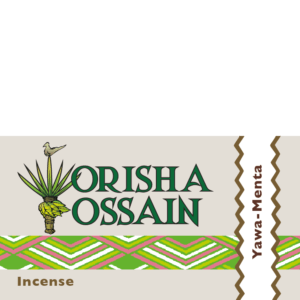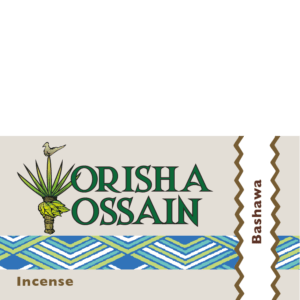Rapé Estrelar
From: $19.73
A recently newly developed Yawanawa rapé it incorporates 4 types of ash. Very nice Alchemy!
The ashes are.
- Sanu
- Bashawa
- Murici
- Cacau
Rapé Estrelar
Some members of the Yawanawa tribe developed this Rapé type. What makes Rapé Estrelar special is the use of four different types of ashes. To my knowledge, this is the first time a complex snuff like this has been created. It is the only one I know of that has this complex type of alchemy.
- Sanu
- Bashawa
- Murici
- Cacau
Estrelar Symbolism
The word estrelar means “from the stars” and refers to the morning star. In various cultures and also in South American shamanistic cultures there is a spiritual connection to the morning star symbolism. This association is due in part to the Morning Star’s association with the dawning of a new day, which parallels the Shaman’s role in leading individuals through periods of transformation and spiritual awakening.
The Morning Star symbol has a strong message that carries through time and holds great value to this day. As a bridge between the spiritual and the material, and a symbol of love, light, happiness, and balance, it represents a bond we have with the world around us and offers us a sense of comfort.
Given that the four-pointed star also resembles the cross, it can be argued that it symbolizes the unity of opposites and balance. Moreover, the four-pointed star is a versatile symbol that can hold a range of meanings depending on the context in which it appears.
In this regard, Rapé Estrelar represents the perfect link between the spiritual and the material world and stands for harmony, goodness, and peace.
The Yawanawa Tribe
The Yawanawá (yawa/white-lipped peccary; nawa/people) are a group belonging to the Pano linguistic family who today occupy the Gregório River Indigenous Land.
The Yawanawá community is in reality a conjunction of people that includes members from other groups: Shawãdawa (Arara), Iskunawa (nowadays known as Shanênawa, who live in a village close to the town of Feijó), Rununawa, Sainawa (generally known as Yaminawá, who live in the Bagé river region), and Katukina.
This configuration is the end result of a sociological dynamic common to many Pano groups – alliances. Through marriage, the capture of women during warfare conflicts, the migration of families – and a series of historical contingencies.
Would you like to know more about the Amazon indigenous tribes or other tribes’ cultures around the world? Have a look at this interesting website.
Yawanawa Rapé
The Yawanawa call their Rapé “Rume”. It contains mostly the ash of the bark of the Tsunu tree. They add the ash of the bark of the Txunú tree and a strong herb that resembles mapaccho. This makes a special and very unique Rapé blend.
The Amazonian tribes use the Tsunu tree bark often for healing and curing purposes. Rapé has a supportive role during ayahuasca ceremonies and is often used before ayahuasca. It enhances the effects and the opening of the spirit for the ceremony. But also during intense ceremonial experiences, it eases vomiting and cleaning.
“We mostly use rumê in our sacred ceremonies with UNI (our sacred drink, more commonly known as ayahuasca). But, rumê is also taken in the afternoon, before washing. The water cleans our body and spirit; it’s our favorite part of the day”.
Tepi and Kuripe
Have a look at the collection of Tepi and Kuripe. Various styles from different artists are available. 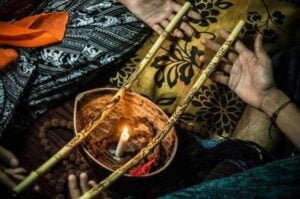 Tepis receiving blessings from their creators
Tepis receiving blessings from their creators
Handling & Sorting
I sieve this rapé Estrelar and all other snuff coming from my shop through a 120-micron high-grade stainless steel mesh. I also store the Rapé stock dry and in vacuum containers to prolong freshness and quality.
This results in.
- an extremely fine powder.
- a guaranteed consistent fineness
- optimal absorption of the snuff
